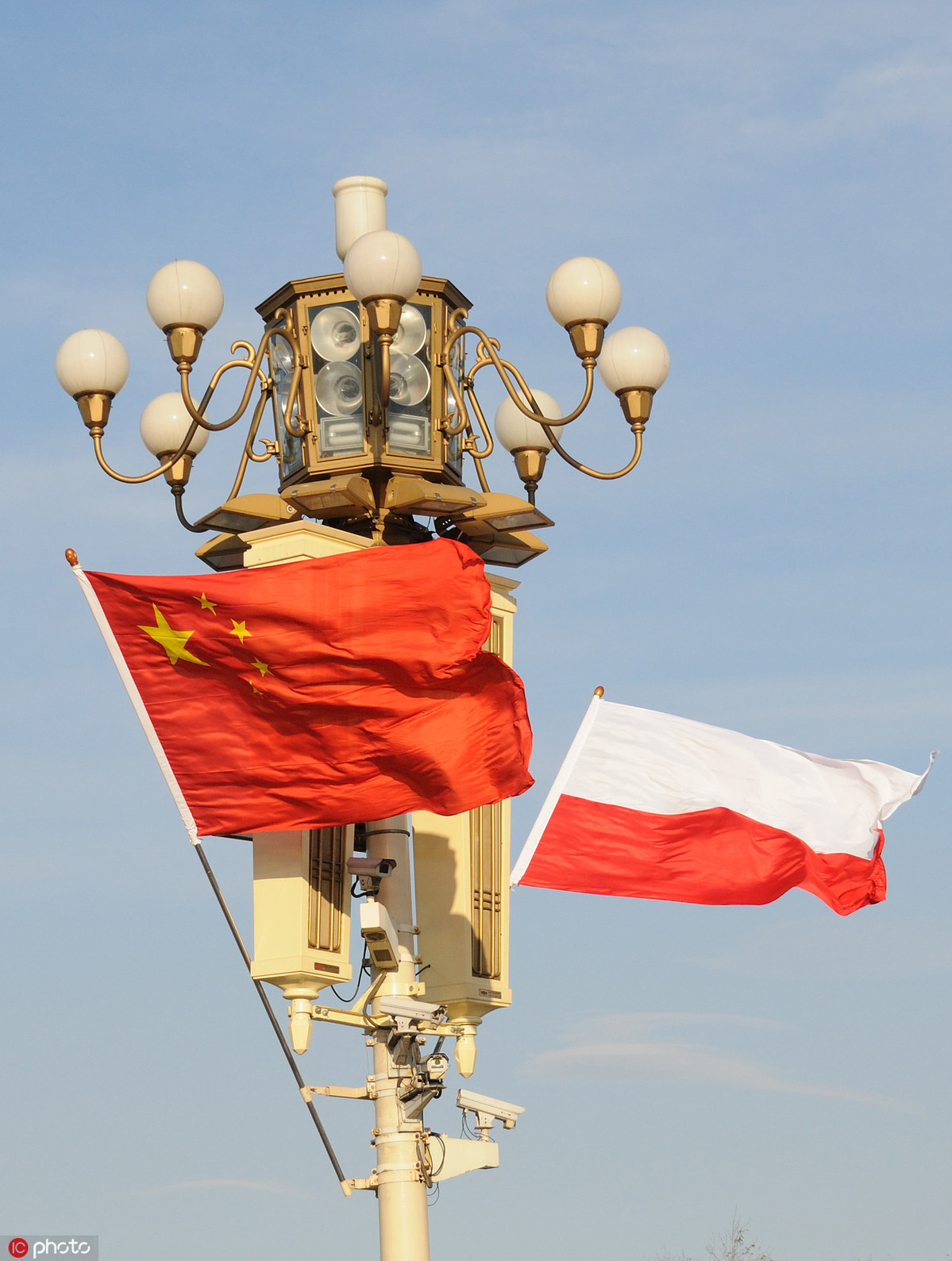Poland, China should realize dreams together
By Slawomir Majman | China Daily Global | Updated: 2019-09-04 09:02

Seventy years after establishing diplomatic ties, Poland and China are building their relations on a solid foundation.
It was early 1951 when a young People's Republic of China was fighting the isolation imposed by the West on its trade and maritime transportation. To cope with the blockade, Poland and China set up a joint shipowners' company in the port of Tianjin. The idea was to ensure free passage for Chinese cargo across the seas aboard vessels sporting Polish flags.
Although the capital was to come from Poland, some Chinese had principled doubts about allowing any foreign capital into China at all. They raised the issue at the highest level. Chairman Mao gave the simplest possible answer: Haohao gan (Just do it).
This is how the first joint venture company, one with Polish capital, was established in China.
Less than two years before that, on October 7, 1949, the Ministry of Foreign Affairs in Warsaw had received then-premier Zhou Enlai's letter of approval to the Polish proposal to establish full diplomatic relations. Soon, Poland became the second nation, after the Soviet Union, to open an embassy in China.
The decades that followed saw several ups and downs in the bilateral relations, both from internal developments in China and from external factors, basically the Moscow-Beijing-Warsaw triangle.
Elderly Chinese still remember Mazowsze, the first foreign national choir and ballet to visit China. I was surprised when, at the Shanghai Expo in 2010, elderly Chinese women sang old Polish songs they remembered even after all the turmoil in their lives. Elderly Poles recall how in the early 1980s, Beijing had provided financial support to improve the food situation in Poland.
Since the 1990s, China hadn't been in a hurry to revisit Poland. First, it had different diplomatic priorities. Second, the experience of Central and Eastern Europe's socioeconomic transformation with the Polish "shock therapy" at the forefront didn't appear compatible with Chinese reality, being radically different from the concept of gradual reform.
But two factors later proved to be a turning point: Poland's consolidation as one of the most successful economies within the European Union and, most important, the China-proposed Belt and Road Initiative.
"The greatest geopolitical vision of the 21st century"-that's how Polish President Andrzej Duda described the BRI.
All dimensions of the Chinese vision matter for Poland, including the logistical dimension, since Poland aspires to be the hub of China-EU trade. Almost 80 percent of Chinese goods transported to Europe comes through Poland.
Poland represents 40 percent of Central and Eastern Europe's economic and demographic potential. Its economic and financial stability, as well as its predictability, are features that China trusts.
Poland will, for years, be one of the major construction sites on the continent, with its immense government-and European Union-supported rail, port, harbor and airport construction programs.
If Chinese corporations would like to be part of the future infrastructure and logistics projects in Poland, they face serious challenges as Poland has, for years, been the No 1 beneficiary of Europe's structural funds. Chinese financial institutions will have to come up with much more sophisticated instruments than those that made them a success on other continents.
Challenges exist for Poland, too, a major one being how to grasp opportunities in China when the Chinese economy has for decades been successfully Europe-oriented.
The asymmetry in the bilateral trade balance is indisputable, but the need to improve the balance is the very first message Polish leaders are conveying to Beijing. Poland has a lot to offer China, being the largest net exporter of quality processed food in the EU and the European hub of the environmental, mining, automotive and aerospace industries.
One message should clearly come from Warsaw: Since the 1989 transformation, Poland has had liberal, socialist or conservative governments, but all of them have stuck to the principle of keeping the doors open for foreign capital, irrespective of where it comes from.
"Poles are the Chinese of Europe," is how one Pole described the entrepreneurial spirit common to both nations.
That's one more reason for China's and Poland's dreams to come together.
The author is an expert at the Far and Middle East Institute at Jagiellonian University, Krakow, and head of the Polish Information and Foreign Investment Agency. The views do not necessarily reflect those of China Daily.
























